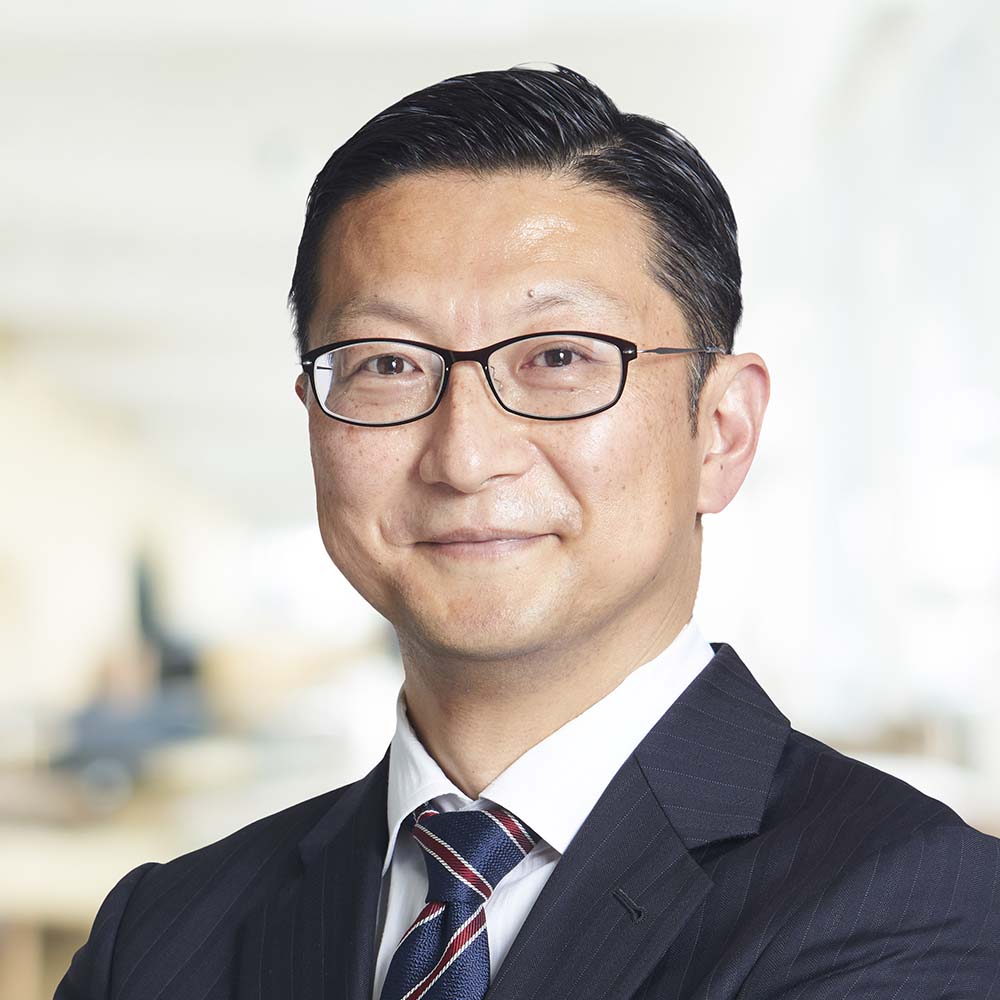The Japan International Cooperation Agency (JICA) has been a significant partner in the Philippines’ development journey, fostering collaboration through projects that prioritize human capital, sustainable growth, and resilient communities. As Expo 2025 approaches, JICA continues to build on its commitment to inclusive and innovative development, reinforcing the enduring friendship between Japan and the Philippines. We spoke with Chief Representative BABA Takashi to learn more about JICA’s current priorities and future plans.
Bridges: How does JICA view its current priorities in the Philippines under your leadership?
BABA Takashi: JICA’s priorities in the Philippines today are anchored in the history of the Philippines-Japan relations – a friendship which had complicated roots 70 years ago but has grown into a strong and dynamic partnership. We now enjoy the fruits of collaboration at its “Golden Age”, borne and cultivated from decades of development cooperation with the Filipino people.
Under my leadership, the first priority is to further deepen this trust by promoting what we call “Open JICA” – going beyond in strategic collaboration to involve not only government partners, but also private sector, academe, and civil society. “We recognize that sustainable development challenges today are complex and interconnected, thus the best approach requires inclusive and innovative ‘whole-of-nation’ solutions”.
We aim to be a partner who listens, learns, and co-create solutions with our Filipino partners. In the process, they will be further empowered in charting their own path to development, fortifying the impact of our diverse Official Development Assistance (ODA) projects in various sectors. That is the reflection of the spirit of Open JICA.
In what ways can JICA and Japanese stakeholders contribute to sustainable development in the Philippines, especially in light of Expo 2025’s focus on innovation and collaboration?
Collaboration or Co-creation is the heart and soul of our mission. We mean to translate the Expo’s message in our work by continuing to invest in human capital and knowledge sharing – the true drivers of quality growth. This is the key to deepen cooperation ties with our partners.
I am proud to say that one of our most impactful tools to achieve this is through our people-to-people exchange scheme. Through long-standing programs such as scholarships for Filipino professionals and training in Japan, we equip local partners with the skills, know-how, and positive mindset that create the leaders of the next generation. We also have technical cooperation projects where practical, sector-specific knowledge and skills are transferred to our partner end-users in their implementation of new systems and processes.
JICA’s priorities in the Philippines today are anchored in the history of the Philippines-Japan relations – a friendship which had complicated roots 70 years ago but has grown into a strong and dynamic partnership.
BABA Takashi, Chief Representative of the Japan International Cooperation Agency (JICA)

Additionally, dispatch of Japanese experts and volunteers across various sectors brings a collaborative spirit on top of technical skills. They work side by side Filipino people in their agencies and communities, fostering development through co-creation of localized solutions. And these people-to-people relationships are supported by multiple Japanese stakeholders such as central/local government, academia, NGOs, and private companies.
Continuing these efforts is important, but this era of rapid transformation requires us to adapt to the changes. “The 2025 Expo reminds us that the future is not something we wait for, but something we build together”. This is why we further push to expand by strengthening public-private cooperation, bound by the spirit of Philippines’ bayanihan (sense of community) and Japan’s gemba (immersing and working with people).
We plan to carry on and broaden what we have started through the staunch support of Japanese stakeholders who have also enjoyed good inputs through development cooperation. This way, innovation will run through a two-way, beneficial win-win relationship and trust.
What message would you like to share with international audiences about the future of Japan–Philippines cooperation?
Looking ahead, I cannot help but feel daunted by the many uncertainties that we have yet to encounter. But in tackling the challenges to come, we see even greater potential for Japan-Philippines cooperation to lead the way in promoting quality growth and human security, becoming a model of international cooperation across the globe.
Under JICA’s vision, ‘Leading the World with Trust’, we continue to practice being intentional in selecting and designing our projects, focusing on those that promise the greatest and most lasting impact.
As the Philippines pursues its goal of reaching the upper middle-income country status while keeping the Sustainable Development Goals in check, we are committed to being a steadfast partner in this journey. Under JICA’s vision, “Leading the World with Trust”, we continue to practice being intentional in selecting and designing our projects, focusing on those that promise the greatest and most lasting impact. “Our cooperation will continue to be deeply people-centered, acknowledging that we, as a people, are the ultimate deciders of how we are going to tread forward into the future”.
We at JICA are witnesses to the inclusive, resilient, and sustainable development in the Philippines resulting from our persevering cooperation. It is possible here just as in any other country. My message to international audiences in all this is to keep the spirit of solidarity ablaze. Supporting each other hand-in-hand and heart-to-heart as one people is the key to navigating the uncertainties of our time. Together we must commit to building a future where no one is left behind.



